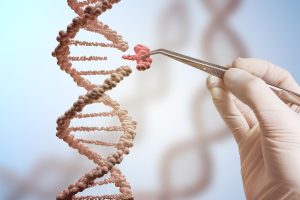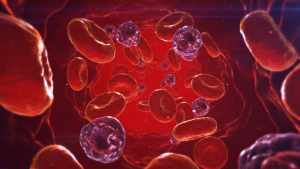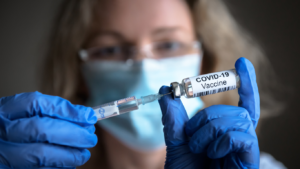“Nebraska Physicians are Playing ‘Fast and Loose’ with ‘Dead Donor’ Organ Harvesting Laws”
Approximately 42,000 organ transplantations occurred in the United States last year, the highest amount ever. However, over 100,000 people are on the organ transplant waiting list at any given time. In a bid to close the large gap between donors and those waiting, UNMC in Omaha, NE published a new research protocol specifically for heart donor/transplantation. Normothermic Regional Perfusion for Resuscitation of Hearts from Donation After Circulatory Death (NRP-cDCD) refers to a technique whereby a …
Jun
“Doctors have a macabre new way to harvest organs”
Dr. Klessig, anesthesiologist and pain management specialist (respectforhumanlife.com), gives us a refreshingly frank perspective of the of ethics involved in the NRP-cDCD organ transplantation procedure.
Jun
American College of Physicians Statement of Concern
The American College of Physicians, the largest specialty society in the world (Internal Medicine) offers expertise and insight into the definition of both circulatory and brain death. In doing so, they uncover breaches in both logic and ethics as presented in the new NRP-cDCD protocol. Take the time and read the following article to get a clear perspective.
Jun
Update on Illegal and Unethical Research in Gene Editing
With a shock that rippled around the medical research world in 2018, a Chinese researcher unethically and illegally edited the DNA of 3 human embryos, implanted them in their mother’s wombs, who then gave birth. This is referred to as Heritable Human Genome Editing (HHGE) and represents a clear breach of the Belmont Principles of Autonomy (Informed Consent), Beneficence (Benefit outweighs Risk), and Justice (Protection of the Vulnerable). Presentations at the summit included several from …
Apr
Ethics Emphasized but not without Controversy
I’m happy to report Bioethics was at the forefront each day at the International Human Genome Editing Symposium. Controversy and disagreement between panelists as well as the audience was frequent, showing the lack of consensus on the ethics of continuing Heritable Human Gene Editing. The value of this research was questioned outright, especially in light of other successful editing techniques that don’t risk the health of subjects or their progeny. All previous consensus statements from …
Apr
Ethical Treatment Cure for Sickle Cell Disease
Contrary to the last International Human Genome Editing Symposium, the focus was Somatic Human Gene Editing (SHGE), wherein the non-reproductive cells of adults/children were utilized to explore cures for diseases. This approach makes changes in the patient’s DNA without causing those changes to be inherited by future offspring. In gene editing, there is always a possibility of unexpected, off-target mutations occurring, with unknown detrimental outcomes. While the human subject of a clinical trial should have …
Apr
Understanding Gain of Function and it’s impact on the Pandemic
In our 2022 year-end report, we briefly discussed an ethical issue directly associated with the recent pandemic, namely Gain of Function (GOF) research. It is vital that we possess understanding of GOF origins and significance.
GOF research had been quietly pursued internationally for decades before it was officially named and given public attention. In 2011, 2 groups of scientists (funded by the National Institute of Health (NIH)) genetically engineered an avian influenza virus (H5N1), making …
Feb
Year End Report
Dear NCER Supporter,
The year of 2022 has been dominated with news surrounding ethical issues related to research associated with the pandemic, specifically viral “Gain-of-Function”, and the mRNA vaccine. Bioethicists are engaged in a battle over the morality of mandated vaccinations, whose safety and efficacy are being questioned. This dilemma intersects with ethical inquiries into the laboratory creation of population-threatening viruses for biodefense purposes. Hence, we currently face a credibility crisis in medicine overall.
Rest …
Nov
Medical Credibility Crisis
It is critical that all of us are aware of the credibility crisis that currently exists between the medical community and patients. During the unprecedented last 2.5 years, populations around the world have been repeatedly exposed to a new vaccine technology (mRNA) which did not complete long-term standard safety and efficacy research before it was brought to public use. Generally speaking, in times of crisis such as a pandemic, people trust the medical experts. In …
Sep
Pfizer, FDA Lose Bid to Further Delay Release of COVID Vaccine Safety Data
Thankfully, a federal judge rejected the request for the delay in data release due to a case which originated from a denied FOIA filing by the Public Health and Medical Professionals for Transparency. Perhaps coincidently, after this court decision, Pfizer announced a postponement in their application for vaccine approval for young children. Read more here:
Mar









